Can You Find Metal and Gold in Snow?
Can You Find Metal and Gold in Snow?
Yes, it is possible to metal detect in the winter. There are several things that have to be adapted to be successful detecting in the winter, but it’s possible no matter where you live in the world.
In fact, Find Metal and Gold in Snow can produce quite a few artifacts that would be much more difficult to find in the summer.
Find Metal and Gold in Snow. However, if the snow is deep, your detector won’t penetrate the ground as far as you’d like. Find areas where snow drifts haven’t piled or the wind has blown some of the ground clear. The metal detector will still function properly, but you may have trouble getting as much depth as you would like.
It’s also recommended to put a coil cover on your detector. Coil covers protect the coils on your detector from getting cut. They’re also useful in the winter because they’ll prevent you from getting electrocuted. The moisture from the snow can set your detector off so it’s important to have a coil to protect yourself from any injuries. It’ll also protect your detector from frying its electronics. If you don’t have a 100% waterproof detector, you could be at risk of losing your machine.
There are three main spots to focus on when detecting in the winter.
The first spot to look for is an unfrozen body of water. This is only smart to do if you have a wet-suit or pair of waders. Be prepared to get cold if you choose to detect in open water. Also, having a waterproof metal detector is also a necessity. If you let a non-waterproof detector fall in the water, you’ll likely ruin it.
Detecting in shallow open water won’t require you to deal with the trash or other annoyances that you work through on land. You likely also won’t have to dig as deep as you usually would if you are detecting in shallow water.
Keeping with the theme of water, beaches or shorelines can be great spots to look in the winter. You won’t have to deal with the usual traffic that would be around in the summer. The winter winds will continue to push things on to the shore line.
Look for the natural dips in the sand. The water will push the artifacts to the lowest possible location. If at all possible, visit a beach along the ocean. The movement of the tides helps disperse the snow and ice and as a result the sand won’t freeze. If you aren’t near a saltwater location and the sand is frozen, wait for a sunny day. The sun will unfreeze the sand enough to begin digging. Again, be sure to have the coil cover to protect your detector from the water.
Another spot to search is within popular winter tourist spots. Whether it’s sledding hills, ice rinks or fishing lakes, they will all produce treasure. The best spot to look, however, is a ski hill.
If you can, search near the ski lifts. People are always losing things as the enter and exit the lifts. Whether they slip getting off the chair or they are in a hurry to get adjusted, there’s likely a plethora of treasure to be found.
Chances are you’ll have to go when the mountain is closed, but if you can get permission from the owners you may get your hands on some impressive finds. Jewelry, coins or even keys could make themselves into your pockets. some were able to find a gold rings at a ski resort with gold detector.
Another spot to look at these winter hotspots is the parking lot. If there are gravel parking lots, go ahead and spend an hour or so looking around. All of the winter gear removal almost guarantees the loss of valuables. The beauty of winter detecting is that very few do it. However, it requires quite a bit of creativity from those that try. You have to think outside of the box to get the results you want.
One of the most important pieces of equipment for winter metal detecting is a strong shovel. The firm ground makes digging extremely difficult. Therefore, be sure to bring a strong metal shovel to break through that first layer of soil. It’s also not a bad idea to carry a hand held pick if the ground is too frozen. Use the pick to break the frozen ground apart before you dig.
Another thing to remember is that the cold weather is going to drain your battery life at a faster rate. Be sure that your detector is fully charged before you head out to your spot. If you need a break to warm up, have a car charger handy so you can get a few extra minutes of juice while you thaw.
Waterproof clothes are a must for winter metal detecting. Having waterproof pants will give you peace of mind that you won’t have water seeping through if you get on the ground to dig. Also, waterproof gloves will help you sift through the snow. You don’t want to have to quit your detecting adventure early due to faulty clothing.
Winter metal detecting isn’t going to be the easiest or most comfortable experience of your life, but it can be rewarding. Not many people are going to put time into it over the sixth months. This leads more treasure for those who are willing to give extra effort.
Like many hobbies, it’s trial and error. There are no guaranteed spots like there may be in the summer, but that doesn’t mean it won’t work. It’s even more rewarding when you find something valuable on a long cold day rather than on a perfect day in the summer!

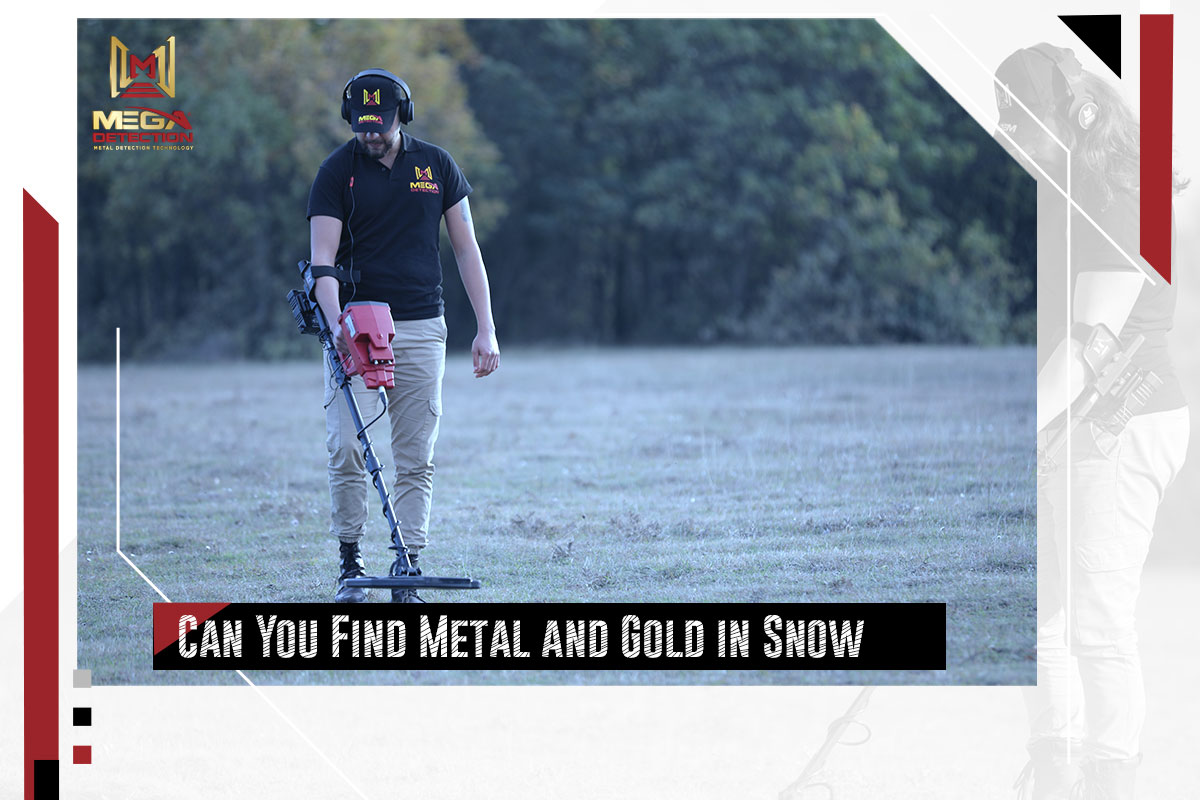
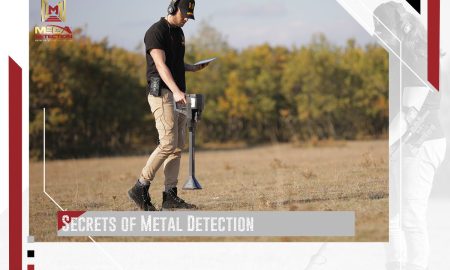

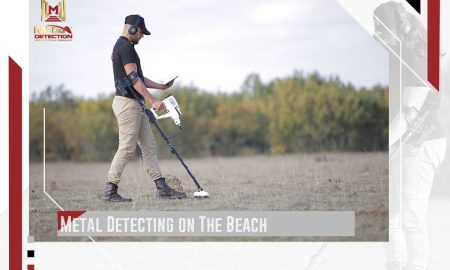
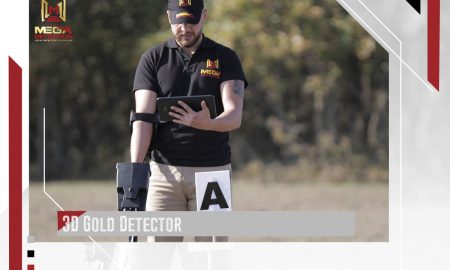


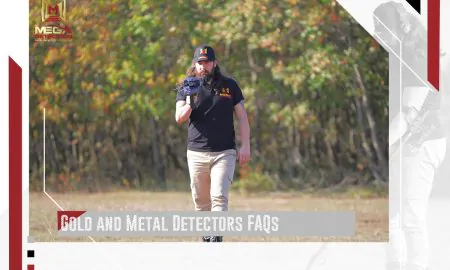



Leave a Reply